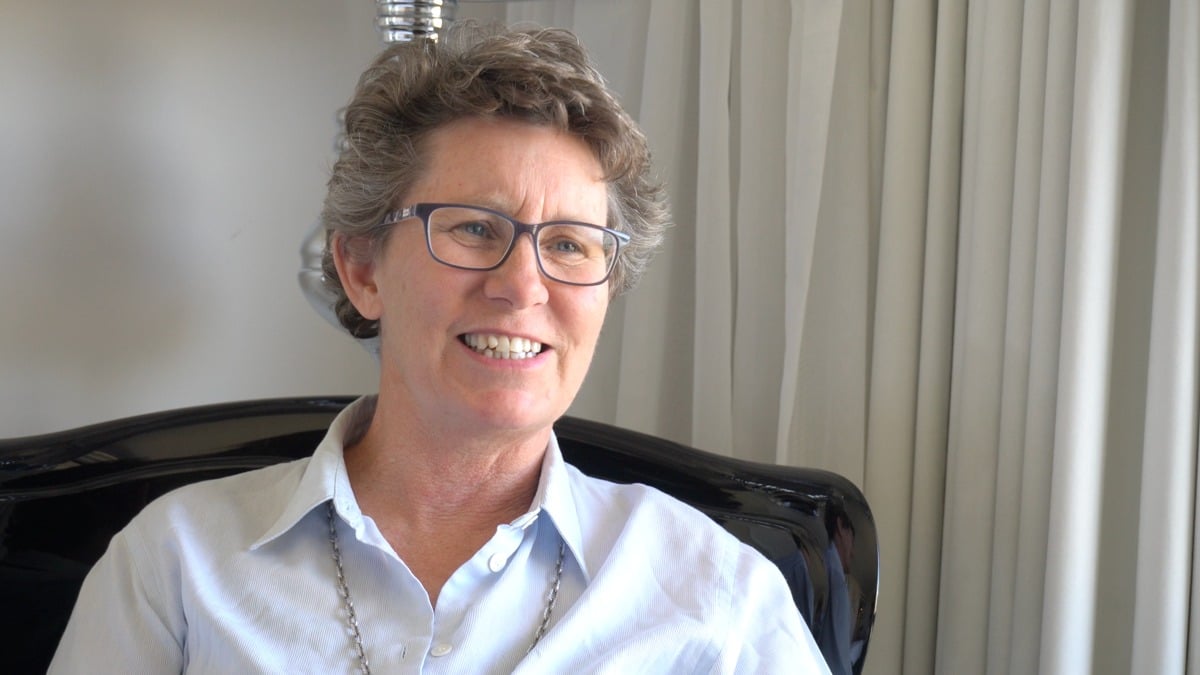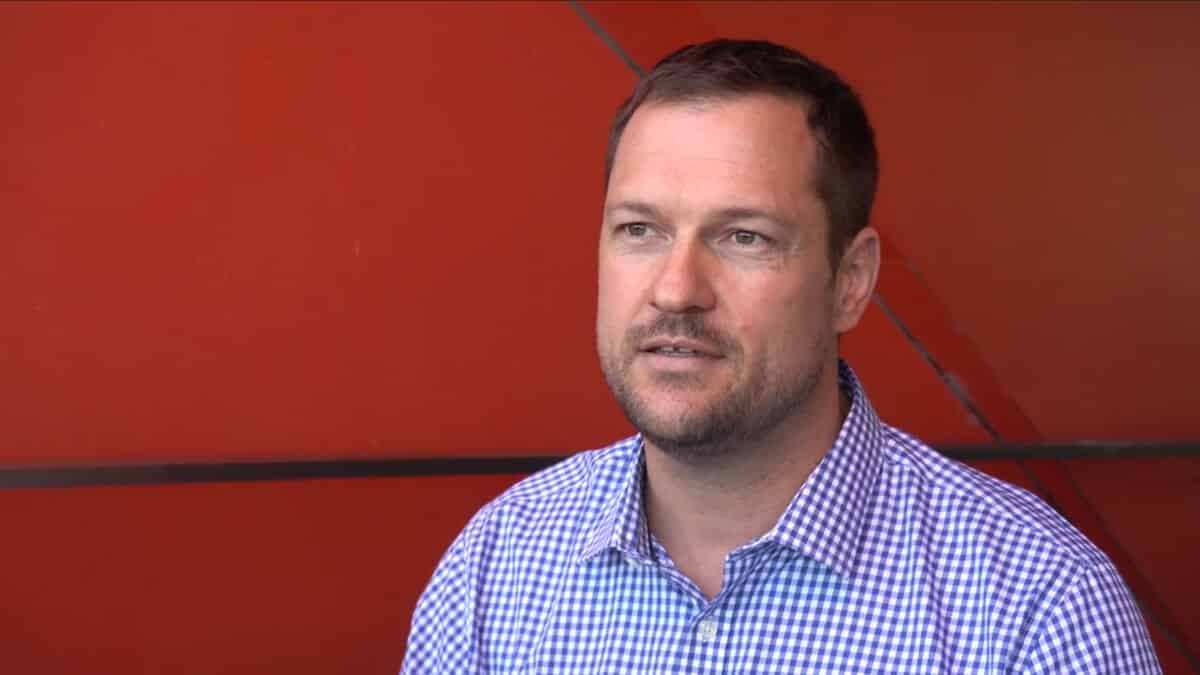In this guide
When we talk about getting a retirement plan together, we usually mean planning how we are going to fund our lifestyle after we’ve stopped working. While saving for retirement is vital, preparing emotionally for this major life transition is just as, if not more, critical.
“One of the greatest risks to our mental and physical health at this life stage is moving from a busy work life to an extended period of inactivity and purposelessness,” says Elisabeth Shaw, CEO at Relationships Australia NSW.
“Often people wait to form a plan, which for some could work out well, while for others could leave them floundering. Retirement disrupts a sense of identity, status, meaning and focus and can also affect relationship dynamics or illuminate relationship issues,” she says.
“Starting to speak about it can be a good way to get your head around it, as the various conversations and reactions you get will prepare you for what you need to be thinking about. Seeking professional support to explore any sticking points could also be invaluable.”
Market researchers have defined five distinct stages of retirement that can help people negotiate their emotions and expectations around this life stage.
Phase 1: Imagination (6–15 years before retirement)
Whether you’re in your late 40s or about to turn 60, people in the pre-retirement phase start to face the fact that retirement is no longer far off in the distant future, but something more imminent. This is the phase where people begin to imagine what life might look like when they’re no longer working.
Justin, 51, is a Melbourne real estate agent. He and his wife Claire, an interior designer, plan to retire to Sanur in Bali within the next 10 years. “We’ve been going to Bali every year for decades,” says Justin. “We have friends there and our kids love the lifestyle. We always stay in Sanur. It’s like our home away from home.
“Living in Bali is not as cheap as it used to be, but the cost of living is still lower than in Australia. Medical services there have improved now, too. Getting a retirement visa to Indonesia is a relatively simple process, so that’s what we are hoping to do.”
“Most people have an initial retirement plan that resembles an extended holiday, a long-awaited trip, or a busy round of socialising,” says Shaw. “Then life settles in, and the open time can feel delightful for some, quite confronting for others.”
Racheal, 63, worked in a busy finance firm for more than 20 years before retiring in 2022. “I loved being retired in the beginning,” she explains. “I finally did the renovations I’d always wanted to do, and I took trips away with friends, but I couldn’t shake this awful feeling of having all the time in the world and nothing to do. Working in finance can be stressful, but it’s also exciting. When I stopped working, it felt as if my whole world had come to a grinding halt, and I desperately needed a creative outlet.”




































